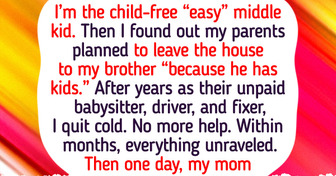Your parents are trying to control you with money. Tell them they need to arrange care for your brother upon their deaths or when they can no longer do it themselves. Make it clear to them you're not that person.
I Refused to Help My Dependent Brother After My Parents Left Me Zero Inheritance—I Feel No Guilt
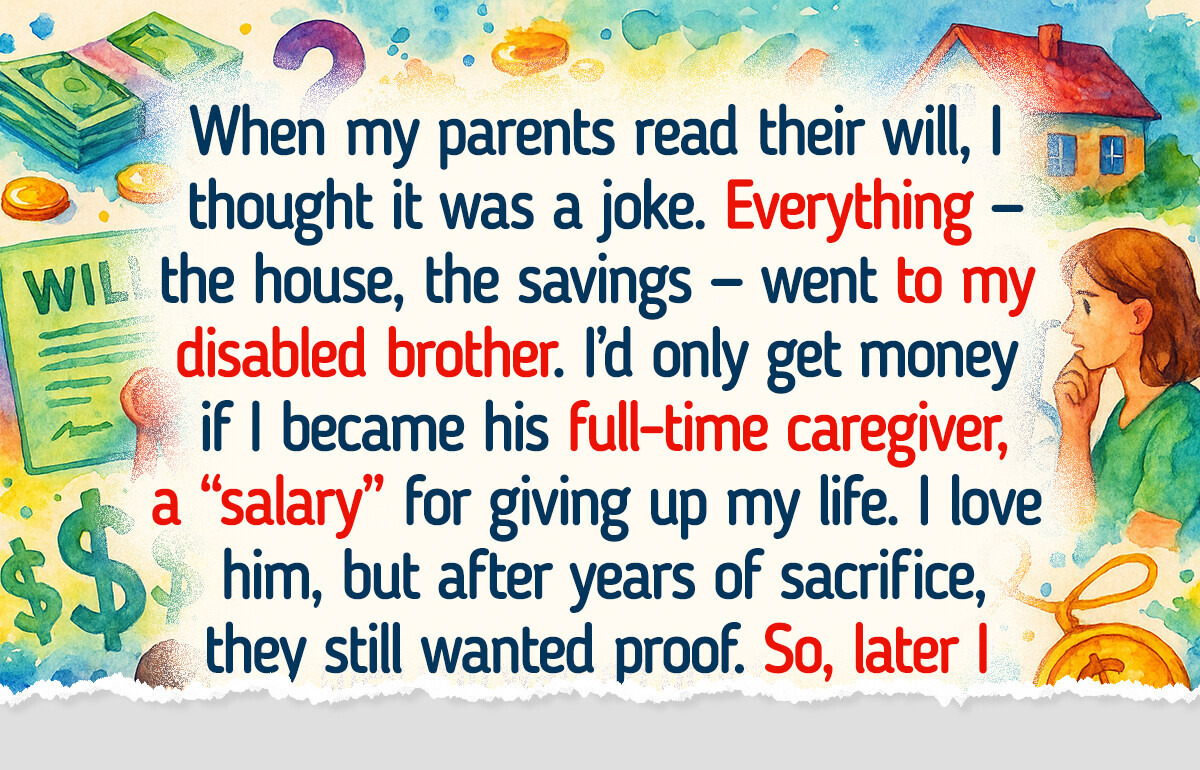
Dear Bright Side Team!
When my parents told me their will, I thought it was a joke. They said all their savings and the family house would go to my disabled brother. I’d only get money if I agreed to be his full-time caregiver — a “monthly salary” for giving up my life.
I love my brother, but I’ve spent years putting my own dreams on hold while my parents built this test of loyalty. They said, “If you really care, you won’t need money to prove it.”
So I told them the truth: I do care — but I also deserve a life. They left everything to him, and I walked away with nothing but peace.
I don’t feel guilty. Just free.
But sometimes I wonder... could it have ended better?
K.
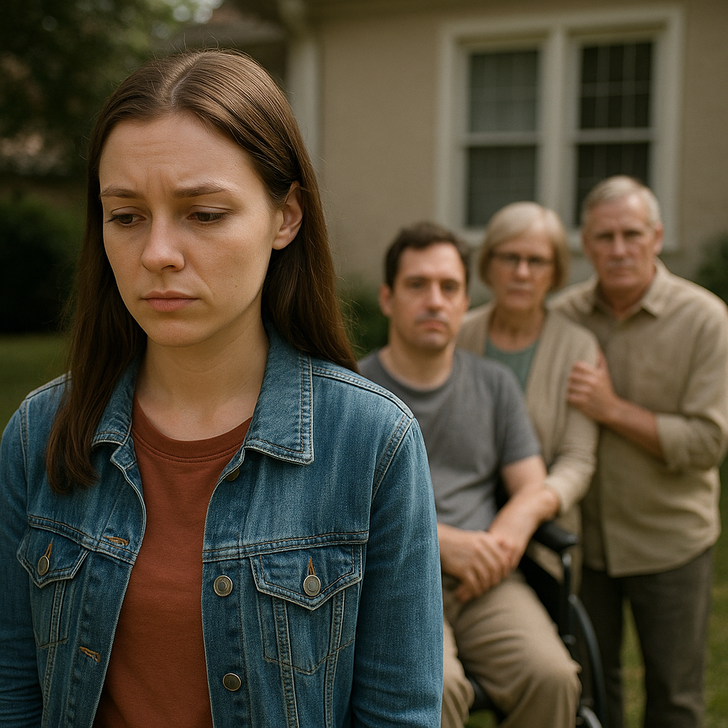
💌 Thank You
Thank you for writing to us and opening up about such a complex, emotional situation. Stories like yours remind others that love and boundaries can coexist — and that saying no doesn’t make you heartless. It makes you human.
Psychological Insight: Why Guilt Isn’t Always the Right Measure of Love.
Experts in family psychology often say guilt becomes a form of control in caregiving dynamics.
Adult children of parents with dependent siblings often experience “compassion fatigue” — a mix of love, duty, and emotional exhaustion. When parents link inheritance or financial support to caregiving, they unintentionally replace affection with obligation.
Boundaries, however, don’t mean rejection. Setting limits — even with parents — protects your mental health and prevents resentment from turning into emotional burnout. You can love someone deeply and still refuse to be controlled by their expectations.
If you ever question your decision, remember: caring for yourself doesn’t mean you stopped caring for them. It means you’re refusing to sacrifice one life to sustain another.
So, could this story have ended better?
Maybe — but only if everyone had been willing to listen instead of control. You didn’t choose distance; you chose peace. Sometimes things don’t end better — they just end honest.
Tips:
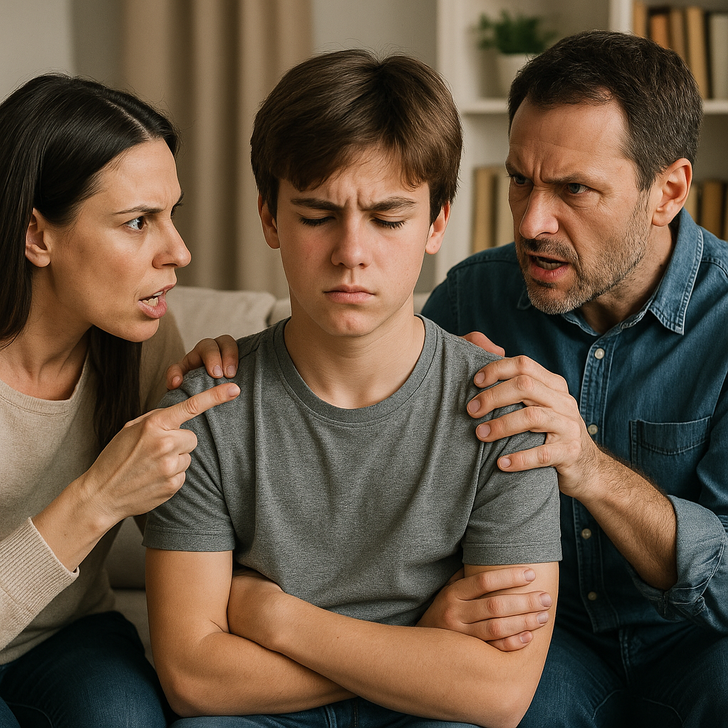
💡 1. Love Doesn’t Mean Losing Yourself
You can care deeply about your family and still choose your own path. Helping someone shouldn’t mean giving up your dreams or freedom. Real love comes with respect, not conditions.
🧭 2. Don’t Let Guilt Make Your Choices
Guilt is a heavy tool families sometimes use without realizing it. You can feel compassion without carrying responsibility for everyone else’s happiness. Remind yourself: you didn’t stop caring — you just stopped sacrificing everything.
💬 3. Say What You Mean — and Then Let It Stand
If your family doesn’t understand your decision, explain it once with calm and kindness. After that, step back. Overexplaining your boundaries doesn’t make them stronger — it makes them negotiable.
❤️ 4. Offer Help, Not Your Whole Life
You can still be supportive — just in a way that doesn’t drain you. Help find resources, offer emotional support, or visit when you can. There are many ways to show love without giving up your own future.
🕊️ 5. Protect Your Peace
It’s okay to put yourself first. That doesn’t make you cold — it makes you healthy. When you live without resentment, you create space for real love, not obligation.
Sometimes walking away isn’t about giving up on family — it’s about finally choosing yourself.
12 Stories That Prove Kind People Aren’t Weak, They’re Quiet Superheroes
Comments
Paying you to take care of your brother wasn't actually an inheritance anyway. Trying to frame it as "we will give you something if you're willing to help him." would have been different if they were splitting it 50/50. But saying you have to quit your job, take care of him permanently and will give you a paycheck is not an inheritance. It's literally making you his employee. So even their guilt tripping manipulation doesn't even make sense. They weren't being fair or offering to allow you to benefit if you were willing to make a small sacrifice. They were essentially going to give you a job and pay for it. That's in no way help to you you could just keep the job you have now and live off the money you're making with your career.
Related Reads
My Stepmom Tried to Take My Inheritance, So I Took Matters Into My Own Hands
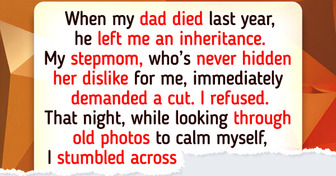
15+ Times an Unexpected Guest Turned an Ordinary Day Into a Scene Straight Out of a Movie
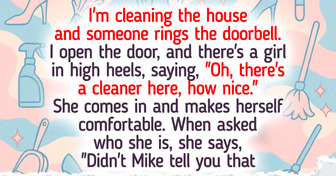
I Refuse to Return My Late Colleague’s Paycheck, Now His Widow Is Furious
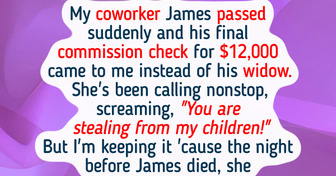
17 Stories That Prove Kindness Isn’t Naive, It’s Courage in Disguise
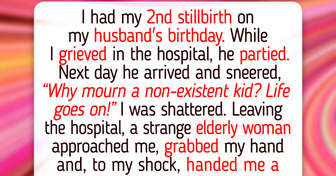
I Refuse to Forgive My Parents After They Took My Inheritance for Being Childless
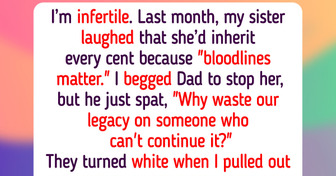
22 Moments That Prove Quiet Kindness Can Work Real Miracles
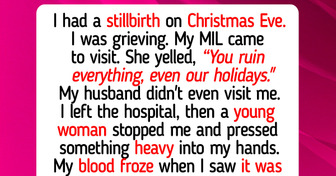
15 Pets Who Made a Mess and Feel Absolutely No Shame
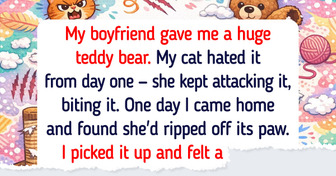
I Was Fired for Taking Days Off During a Family Emergency
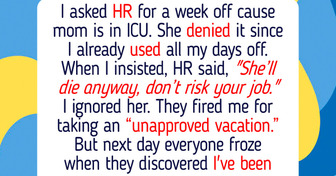
I Refuse to Risk My Son’s Safety to Save My Ex’s Child
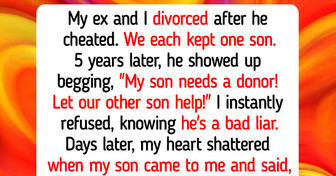
14 Dates That Started Like Movies but Ended Like Sitcoms
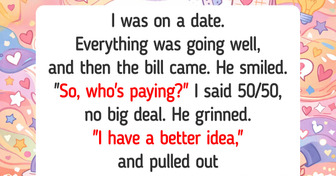
I Cut Off My Parents After They Demanded My Inheritance—and I Don’t Regret It
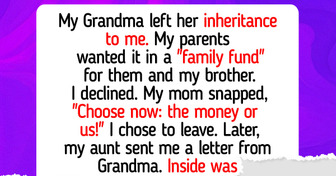
My Parents Chose My Golden Child Brother Over Me—Until They Needed My Help
